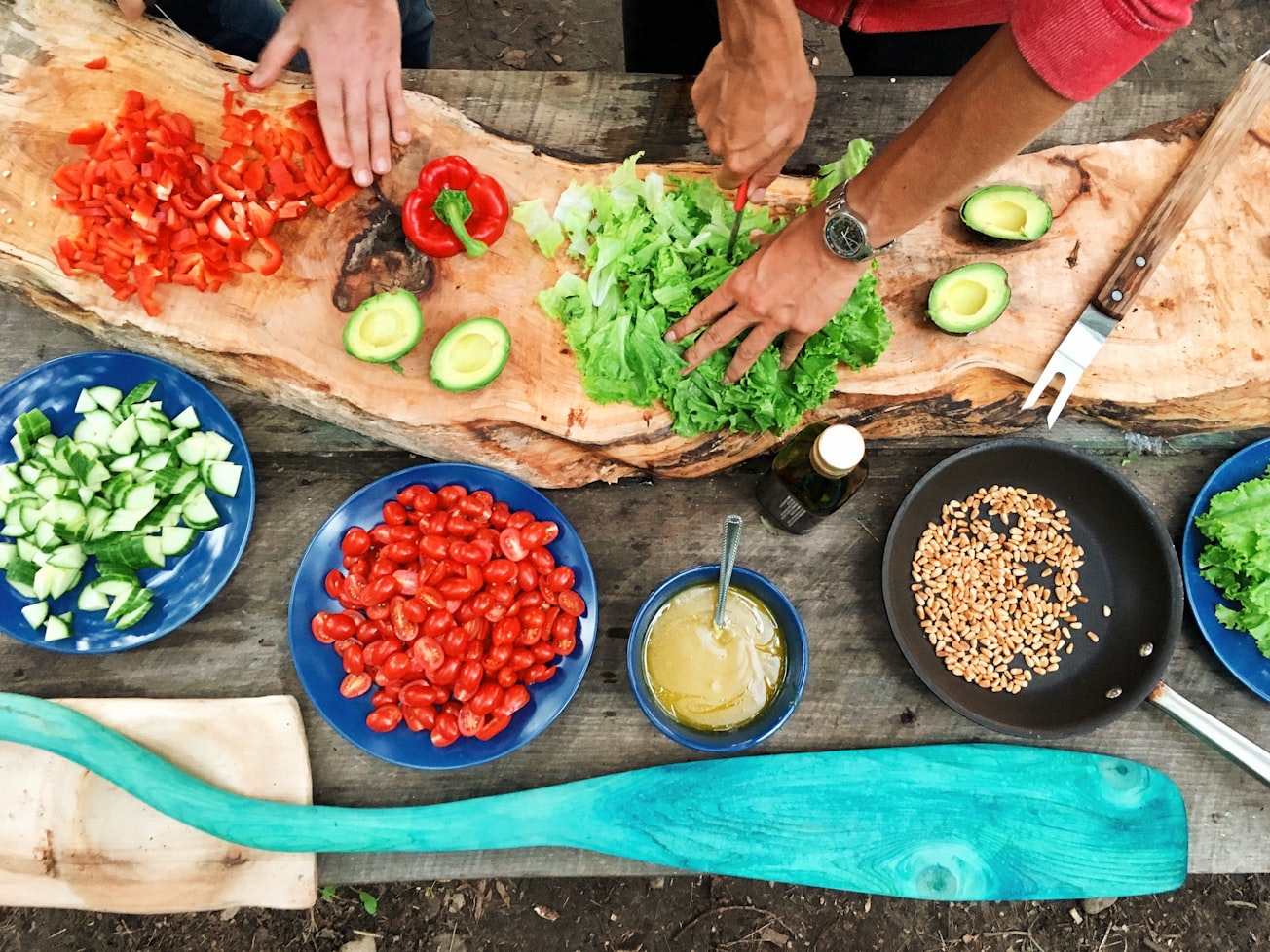What is it about?
We use the concepts of serious leisure and terroir to examine how knowledge, physical environment, and service quality influence co-creation within the culinary tourism context. In contrast to casual leisure activities (e.g., shopping) serious leisure activities are reflective and recreational. The reflective dimension includes one’s reflections on oneself, one’s own knowledge, and one’s identity. The recreational dimension includes the enjoyment of an activity. Terroir is commonly referred to as the ‘taste of place’. We find that participants' prior knowledge strongly influences their reflective and recreational motives for participation (i.e., the benefits of serious leisure). Prior knowledge shapes how the physical environments and service quality is evaluated. This, in turn, influences value co-creation with the provider of the culinary activity - in our case cooking classes.
Featured Image

Photo by Maarten van den Heuvel on Unsplash
Why is it important?
This study is important, as findings help to understand consumer's changing culinary experiences. Consumers' tastes have evolved; consumers are more aware of new flavours and ingredients, and during their holidays want to experience and learn more about destination-specific culinary heritage. Tourist destinations are linked to indigenous cuisine and tourists’ perceptions of destinations with established global culinary heritage (e.g., Italy, France) are influenced by their celebrated gastronomic offerings.
Read the Original
This page is a summary of: A serious leisure perspective of culinary tourism co-creation: the influence of prior knowledge, physical environment and service quality, International Journal of Contemporary Hospitality Management, June 2020, Emerald,
DOI: 10.1108/ijchm-10-2019-0897.
You can read the full text:
Resources
Contributors
The following have contributed to this page







